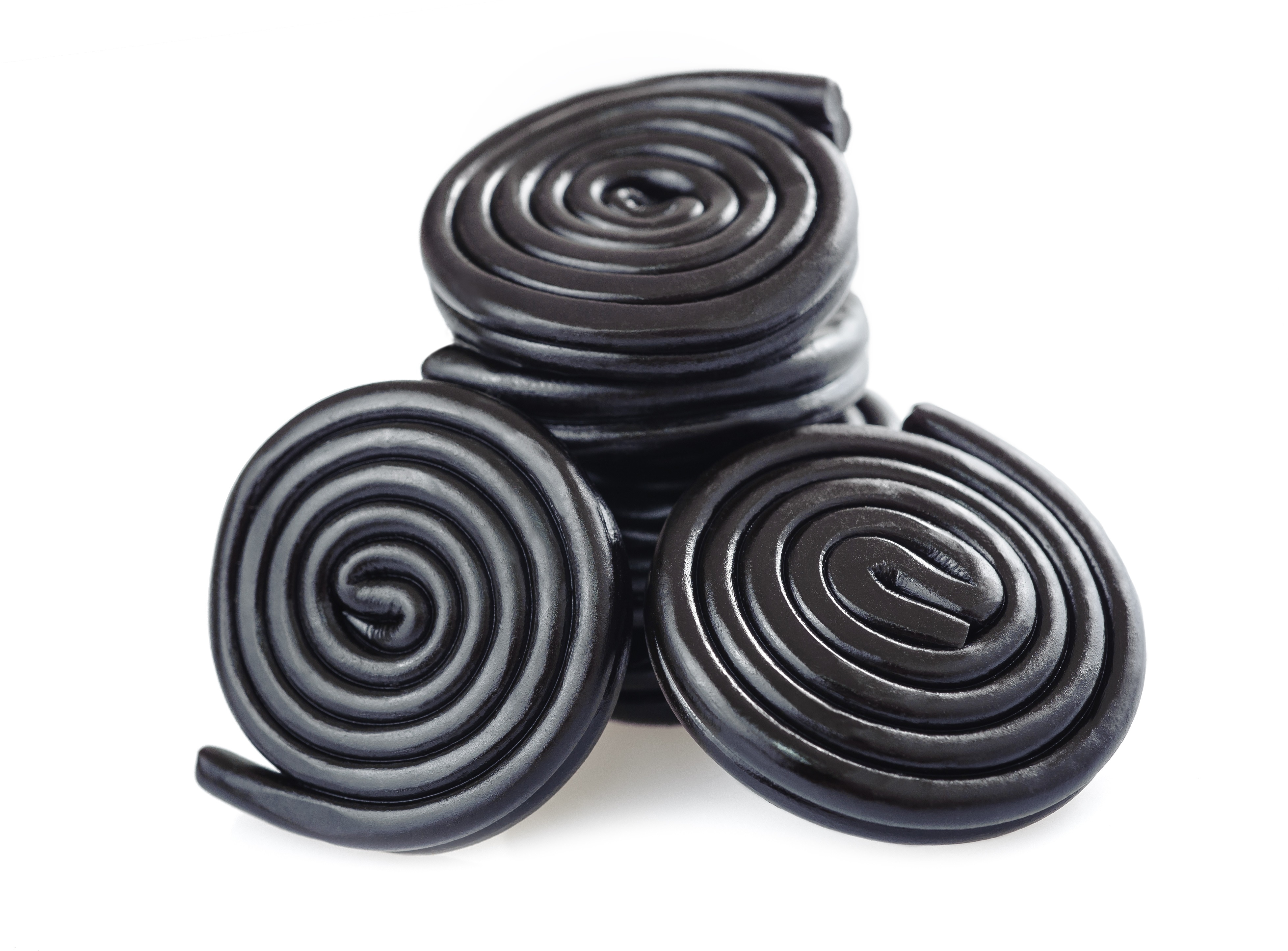The Food and Drug Administration (FDA) is encouraging people to be careful how much black licorice they eat if they are planning to snack on the candy over Halloween.
 Credit: Scisetti Alfio/Shutterstock.com
Credit: Scisetti Alfio/Shutterstock.com
FDA experts have issued a warning claiming that it is possible to overdose on licorice: “If you’re 40 or older, eating 2 ounces of black licorice a day for at least two weeks could land you in the hospital with an irregular heart rhythm or arrhythmia.”
They say black licorice contains a compound called glycyrrhizin, a sweetening agent derived from the root of the shrub. The substance can cause potassium levels to drop, which can lead to an abnormal heart rhythm, high blood pressure, edema, lethargy and congestive heart failure.
Licorice is a shrub mainly grown in Turkey, Greece and Asia for commercial use. The plant’s root has historically been used as a traditional medicine in Eastern and Western medicine for the treatment of coughs, sore throats, bronchitis, heartburn, stomach ulcers and some viral infections. However, the National Institutes of Health says the data available on licorice are insufficient to prove it is effective at treating any health problem.
Medical journal articles have previously reported an association between black licorice consumption and health issues in people aged over 40 and Linda Katz from the FDA says the agency received a report about a person experiencing health problems after eating black licorice.
Katz says that in most cases, potassium levels return to normal once a person stops eating the black licorice and no permanent health problems result. However, the FDA advises that if a person is going to eat black licorice, they should follow the recommendations published on the agency’s Consumer Updates website page, which include:
- No matter what your age, don’t eat large amounts of black licorice at one time.
- If you have been eating a lot of black licorice and have an irregular heart rhythm or muscle weakness, stop eating it immediately and contact your healthcare provider.
- Black licorice can interact with some medications, herbs and dietary supplements. Consult a health care professional if you have questions about possible interactions with a drug or supplement you take.
The FDA also urges anyone who experiences health problems after consuming licorice to contact their local FDA consumer complaint coordinator.